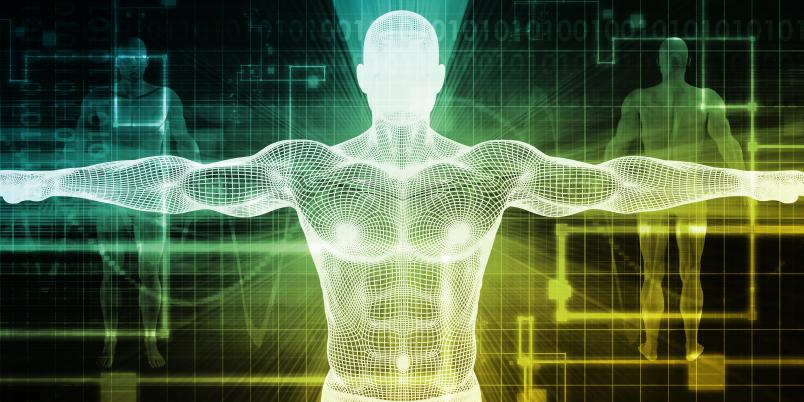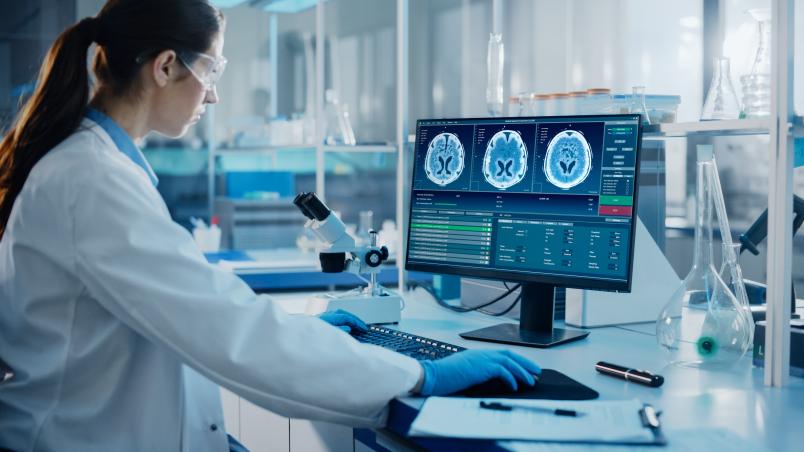
Multi-disciplinarity is the key word. The degree programme introduces topics belonging to industrial engineering as much as information engineering. People working in the field of biomedical engineering must, in fact, have skills in mechanics, electronics, IT, and materials sciences, combined with a good knowledge of anatomy and physiology. This knowledge is then applied to the specific courses in biomedical engineering.
This allows biomedical engineers to work with health staff and propose technological solutions for increasingly effective and safe therapies (diagnosis, therapy, monitoring).
The educational path is composed of some core courses (mathematics, physics, chemistry, IT, English, foundations of biology, anatomy, and physiology) that students take in the first three semesters.
During Year 2, students take basic engineering subjects for the industrial and IT sectors.
Year 3 completes the training in basic engineering subjects (thermodynamics) and is focused on biomedical engineering.
The training path ends with an internship, which is mandatory for all students. The final exam conists of a report on the internrship.

The degree programme is Italian-taught, with the first year also offred in English. The topics are addressed through various learning methods, accompanied by exercises, laboratories, or group work.
At the end of the programme you will do an internship: a training experience that will help you apply the skills you have gained in a new working enrivorment (both in the university environment, in public or private biomedical engineering companies and in hospitals).